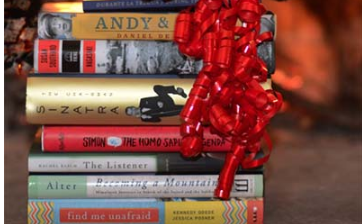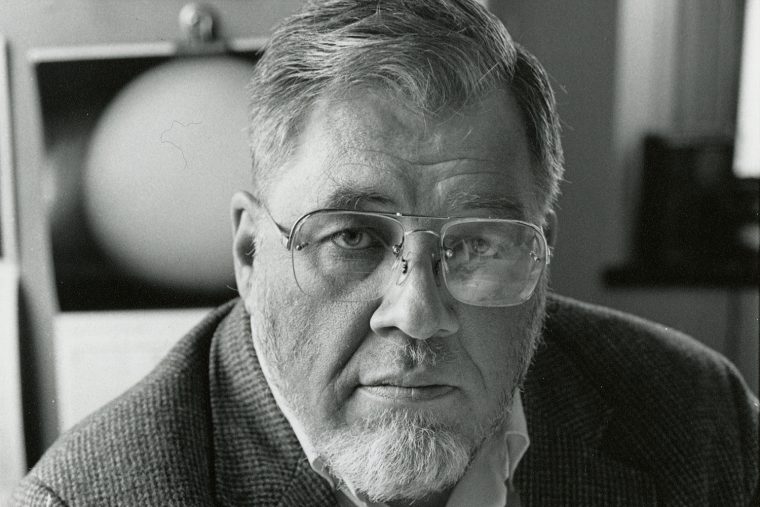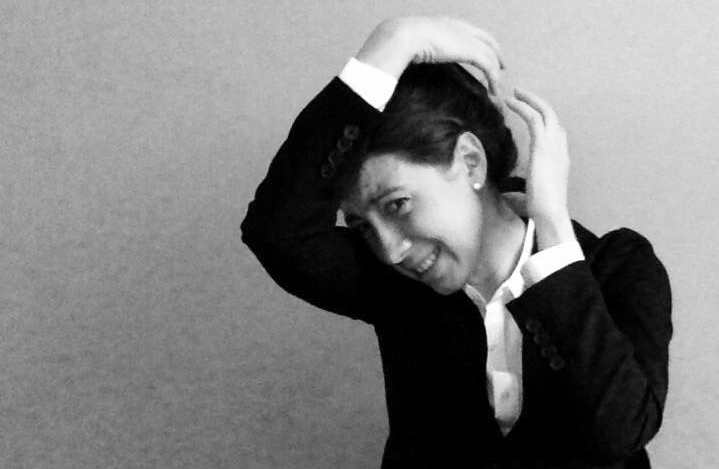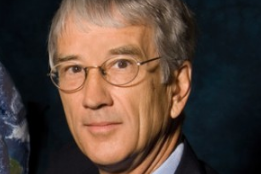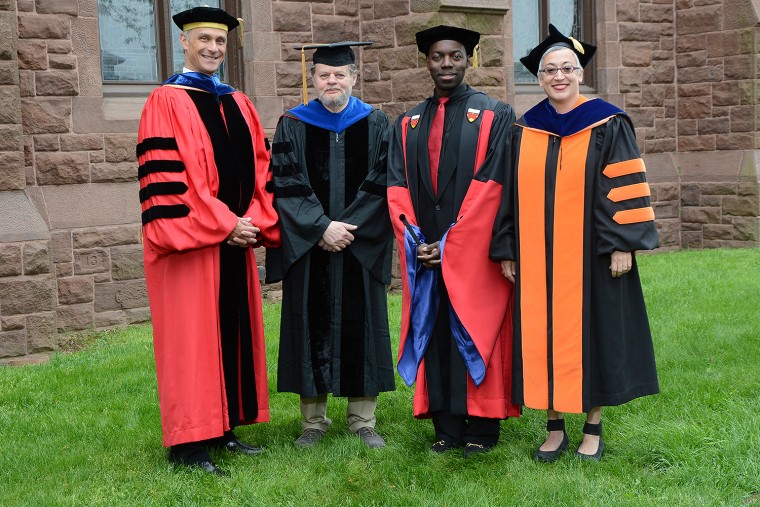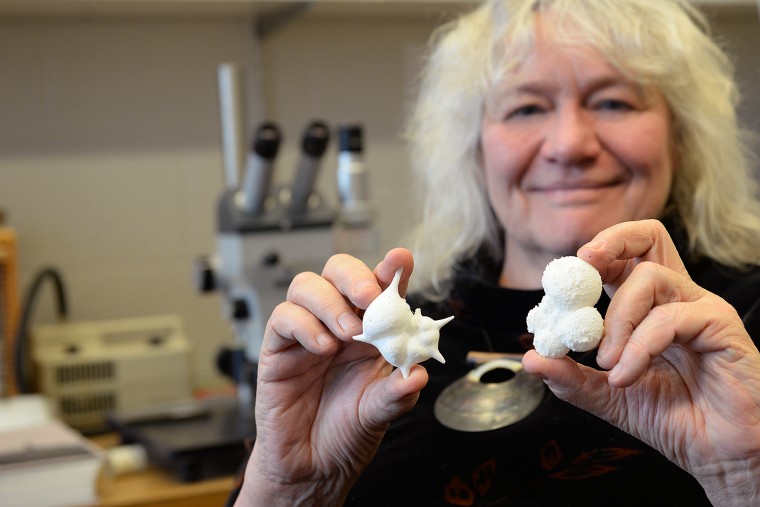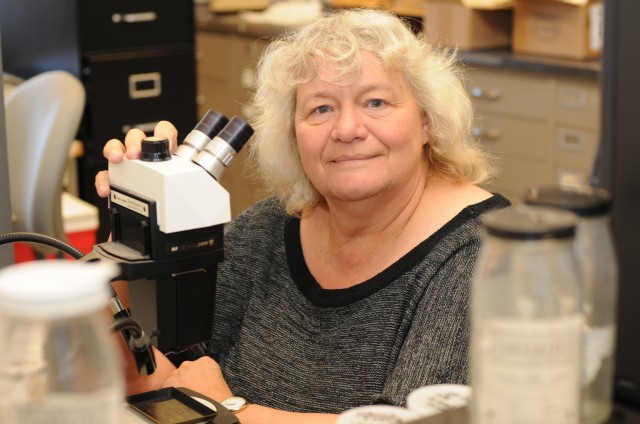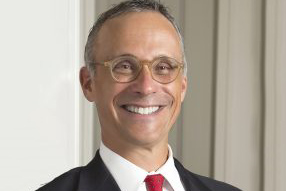Wesleyan is known for its top-notch writing programs and for the accomplishments of its community of award-winning alumni, faculty, students and staff book authors, editors and translators. Members of the Wesleyan community—alumni, faculty, students and staff—are invited to submit their latest books, as well as information about forthcoming and recently signed titles, and other literary news, to Laurie Kenney, books editor for Wesleyan magazine. Books and information received will be considered for possible coverage in Wesleyan magazine, on the News @ Wes blog and through Wesleyan’s social media channels, as well as through possible in-store display and event opportunities at Wesleyan’s new bookstore—Wesleyan RJ…
Writing in The Times Literary Supplement, Assistant Professor of English Hirsh Sawhney muses on the recent election of Donald Trump and the cultural divide in America while nursing "the second cheapest single malt Scotch" on the menu at a New Haven bar. He contemplates whiskey's particular place in contemporary American culture, talks politics with others at the bar, draws from literature, and recalls the personal struggles of his family and friends. At the conclusion, while discussing the election with a neighbor (referred to, in jest, as "Professor Pesci"), Sawhney argues: My point is that we teach our students to be wary of “othering” people…
Krishna Winston, the Marcus L. Taft Professor of German Language and Literature, translated The Moravian Night: A Story by German novelist Peter Handke. The American translation was published in December 2016 by Farrar, Straus and Giroux, New York. Reviews of the translation have appeared in The New York Times, the New York Review of Books, and Kirkus. Winston specializes in literary translation and has translated more than 35 works of fiction and non-fiction from Handke, Johann Wolfgang von Goethe, Günter Grass, Christoph Hein, Golo Mann, Rainer Werner Fassbinder and Hans Jonas. Her translations make available to the entire English-speaking world works originally written…
Laura Grabel, the Lauren B. Dachs Professor of Science and Society, professor of biology, warns in a new op-ed that the progress of embryonic stem cell research in this country, always subject to the ups and down of politics, is currently under threat. Co-authored with Diane Krause of Yale University, the op-ed in The Hartford Courant notes that Tom Price, President Donald Trump's nominee to head the Department of Health and Human Services, is on record opposing embryonic stem cell research. They write: As stem cell researchers, we fear that this appointment would endanger human embryonic stem cell research in the United States…
Arthur Reinhold Upgren, the John Monroe Van Vleck Professor of Astronomy, Emeritus, died on Jan. 21, a month before his 84th birthday. Upgren received his PhD from Case Western Reserve University before coming to Wesleyan as an assistant professor in 1966. He was the Director of the Van Vleck Observatory from 1973 to 1993. He held his endowed chair from 1982 until his retirement in 2000. Upgren was an author or co-author of 285 publications in the astronomical literature, including one that appeared in 2016. His research interests were in the areas of parallax (distance measurement) of stars and galactic…
Last fall, the College of Letters (COL) welcomed Gabrielle Ponce-Hegenauer to the department as an assistant professor of letters. Ponce-Hegenauer is an expert on the biography and works of Spanish writer Miguel de Cervantes (1547-1616), author of Don Quixote. She's also interested in 16th-century translation theory and poetics; pre-Cartesian Renaissance philosophy; cultural and intellectual history in the Spanish Golden Age; early modern metaphysics; medicine and philosophy in 16th-century Spain; the history of the book and manuscript culture; Spanish theater; Renaissance and Baroque Spanish poetry; Spanish and Italian literary exchanges; the 19th-century imagination of the Golden Age; and 19th-century Spanish novelist Benito Pérez Galdós. "I like locating…
The Ancient Romans relied on a curious object to tell time: a sundial in the shape of an Italian ham. National Geographic has featured the work of Wesleyan's Christopher Parslow to re-create this ancient "pork clock" through 3-D printing, which is helping researchers to better understand how it was used and what information it conveyed. "It does represent a knowledge of how the sun works, and it can be used to tell time,” said Parslow, professor and chair of Classical studies, professor of archaeology, professor of art history. The small, portable prosciutto sundial —the "pocket watch of its day," according to the article—was…
On Feb. 2, the Wesleyan community will be treated to a performance of “The Rap Guide to Climate Chaos,” a one-man show written and performed by Baba Brinkman on the politics, economics and science of global warming. The performance will begin at 7 p.m. in the Ring Family Performing Arts Hall. The event is free of charge. Gary Yohe, the Huffington Foundation Professor of Economics and Environmental Studies, has worked with Brinkman in the past and was responsible for bringing his performance to Wesleyan. In May 2016, Brinkman invited Yohe to serve as the climate expert during an off-Broadway performance…
The Binswanger Prize for Excellence in Teaching recognizes Wesleyan faculty who have had a lasting impact on the academic and personal development of their students. Juniors, seniors, graduate students and Graduates of the Last Decade (GOLD) are able to nominate up to three professors for 2017 Binswanger Prizes, which will be awarded during Wesleyan's Commencement Ceremony on May 28. The deadline for nominations is February 9, 2017. NOMINATE NOW. The Binswanger Prize is made possible by gifts from the family of the late Frank Binswanger Sr. Hon. ’85, and underscore Wesleyan’s commitment to its scholar-teachers who are responsible for the university’s distinctive approach…
For her outstanding efforts in pioneering studies in micropalaeontology and natural history, The Micropalaeontological Society (TMS) awarded Wesleyan's Ellen Thomas with the 2016 Brady Medal. The Brady Medal is TMS's most prestigious honor and is awarded to scientists who have had a major influence on micropalaeontology by means of a substantial body of research. Thomas was honored for "communicating to an extremely broad audience fascinating, impactful and often thought-provoking research" and "academic encouragement of students and peers over the years with [her] generosity of time in a very busy and successful career," noted TMS President F. John Gregory. Thomas, research professor…
Ellen Thomas, research professor of earth and environmental sciences, is the co-author of "Pteropoda (Mollusca, Gastropoda, Thecosomata) from the Paleocene-Eocene Thermal Maximum of the United States Atlantic Coastal Plain," published in Palaeontologia Electronica, Article 19 (3) in October 2016. The Paleocene Epoch lasted 65 to 54.8 million years ago and the Eocene Epoch lasted from 56 to 33.9 million years ago, and was a period of rapid global warming. The response of many organisms to the Paleocene-Eocene Thermal Maximum (PETM) has been documented, but marine mollusks are not known from any deposits of that age. For the first time, Thomas and her…
Following a visit to China Peking University–Shenzhen, which has decided to start an undergraduate liberal arts college, President Michael Roth reflects in an op-ed in The Washington Post on why commitment to a liberal education is more important today than ever. He contends, "This is a fragile time for liberal education, making commitment to it all the more urgent." Keeping in mind John Dewey, the pragmatist philosopher who visited China in 1919 to talk about education, Roth focuses on "two dangers and two possibilities." He warns of the "danger of narrowing specialization" at a time when "we need more academics who can…


